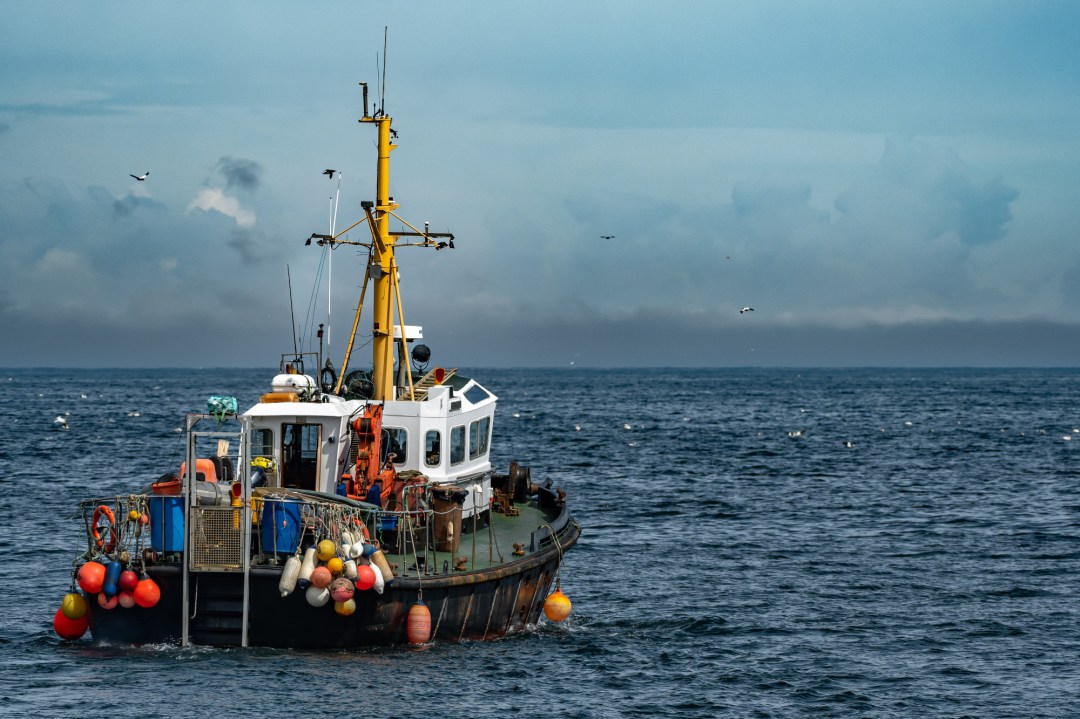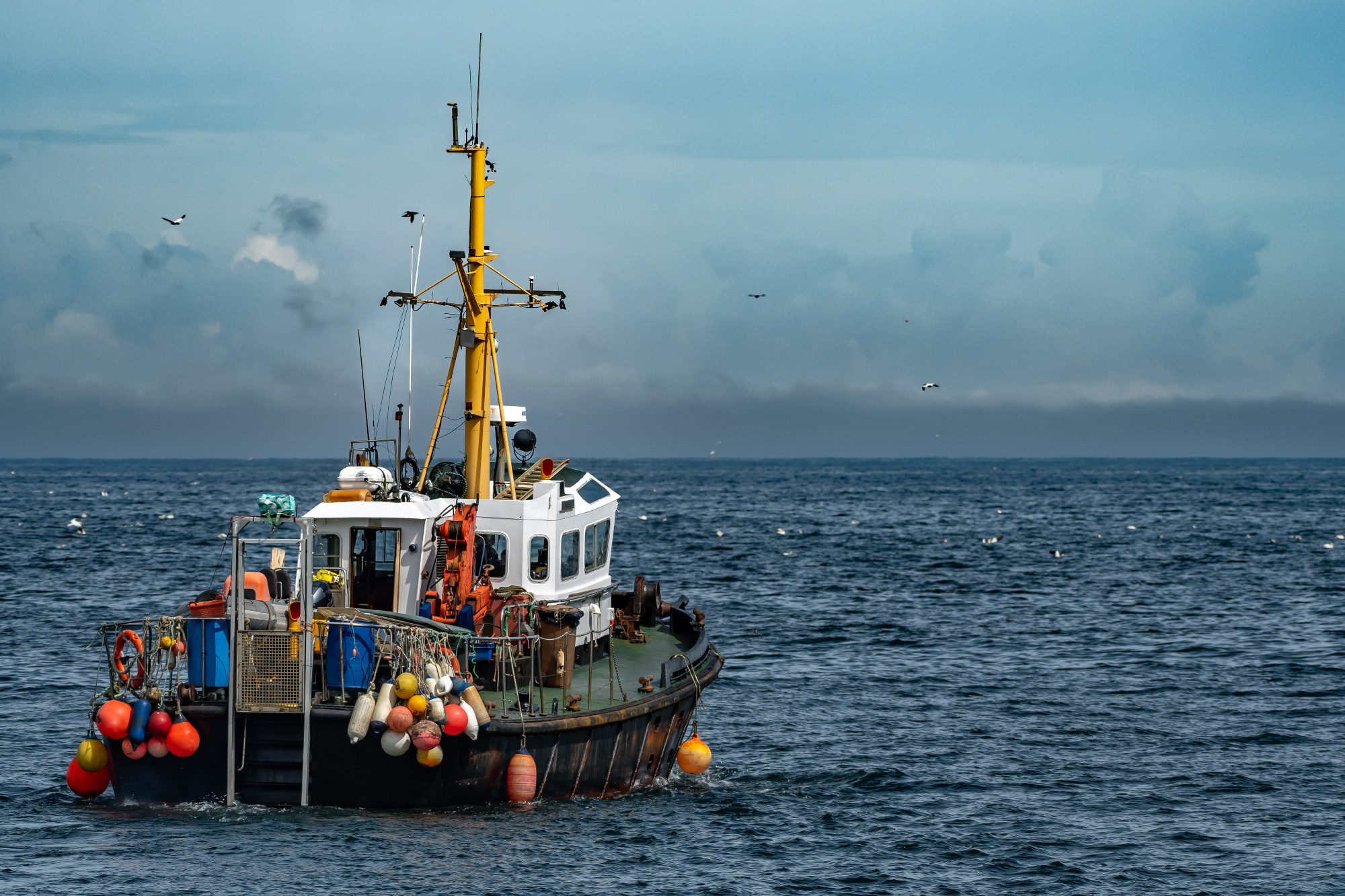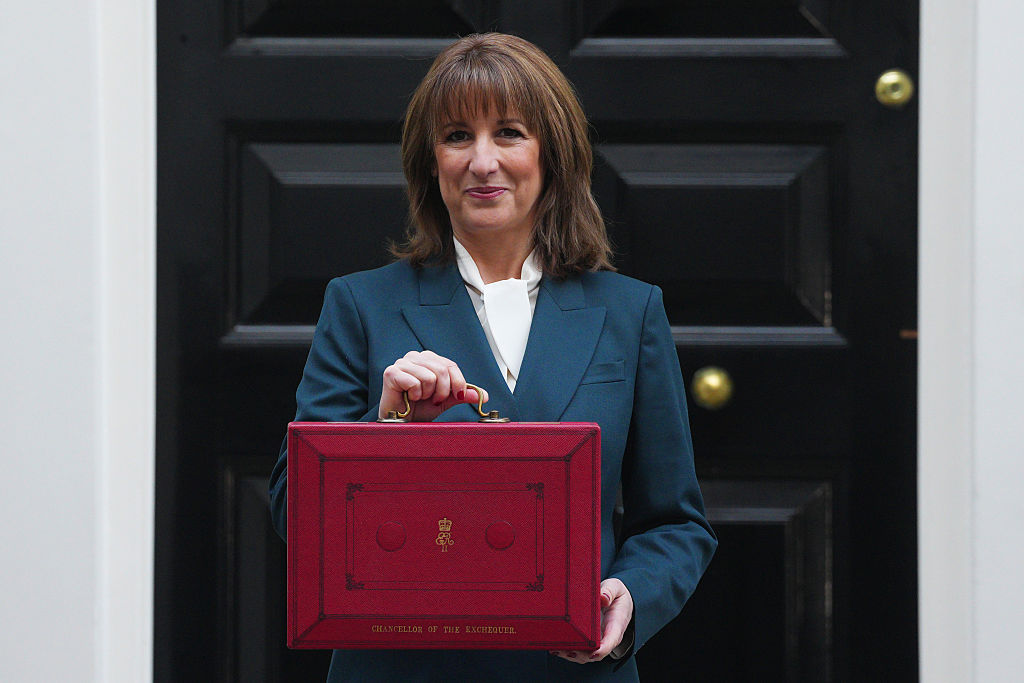Not everything is about money. If it were, we’d be merrily sending our oldies off to assisted dying hubs to free up the social care budget. The fishing industry is one of those parts of public life that is about more than raw GDP. But Keir Starmer has handed over access to British waters for another full 12 years in return for what he deems more lucrative EU concessions. It’s a mistake, because fishing is about more than cash. It’s about what it means for us to be a free and confident country.
There is something more than a little irksome about letting foreign fishermen into our waters in return for faster passport gates, especially when it’s going to make this declining industry worse off
For a start, there’s the obvious point about sovereignty. Fish in British waters are our resource. Foreign fishermen have little interest in ensuring our stocks remain at sustainable levels. Why would they? They have their own domestic fish stocks – the sustainability of those matter to their future. But ours? A nice added bonus.
Under the UK Fisheries Act, we retain the right to board and inspect foreign vessels in our waters. In reality, just six prosecutions were undertaken by the UK Marine Management Organisation last year. For practical reasons, most checks take place on the harbourside, which means it’s mainly vessels’ home countries that police our complex treaties on fish.
Imagine a situation where a Danish trawler decides to drag the Northumbrian seabed, catching juvenile fish and dumping bycatch overboard, in a breach of British conservation laws. We would need a ship from the Royal Navy Fisheries Protection Squadron to be watching on, ready to catch them. Otherwise enforcement falls to the Danish. How can we be confident that foreign authorities will seek to uphold our ecological standards?
Then there is the effect this has on coastal towns, which are some of the most deprived areas of the country. Most have never recovered from the loss of tourism that came with the introduction of budget European airlines in the 1970s. One of the last remaining coastal industries is going to be hampered by an EU they were promised we’d leave.
Thanks to quotas, fishing is a zero-sum game. Every fish caught by a foreign vessel is one that can’t be caught, landed, processed and sold by a British fisherman. EU vessels are also heavily subsidised by Brussels, meaning they can operate at lower costs compared to our smaller, family-run firms. This is not a fair market in which our domestic producers are operating.
Losing these fish to foreign vessels might not matter much to the overall GDP of the country, but it matters to the communities that rely on the fishing industry. This is something Starmer implicitly admitted when he agreed to a £360 million fund for coastal redevelopment. But as everyone knows, gainful employment is better than a government grant. Feed a man a fish and all that…
Those who like this Starmer deal point to the difference in value between the fishing industry and agri exports to the EU, the latter being almost ten times the size. But it matters where that money is going. If we’re taking away from already poor coastal areas, that does not seem a decent trade.
Fundamentally though it’s about what kind of country we want to be. Fishing has been a part of our culture for thousands of years. There is something more than a little irksome about letting foreign fishermen into our waters in return for faster passport gates, especially when it’s going to make this declining industry worse off.
Tourists flood Cornwall – one of the few coastal areas that still attracts reasonable numbers of visitors – to see fishing villages and bask in a culture that is close to extinction. For every £1 Cornwall makes from fishing, it makes around £13 from tourism. I suppose there isn’t anything inherently wrong in that, but it feels sort of odd, as though we’ve turned part of our history into a zoo attraction. People recognise the romance of a fishing society; we turn up and gawk at the dwindling numbers of boats in pretty harbours, yet the government does little to help those fishermen. In fact it signs deals that will continually harm them.
Britain’s fishing fleet is already collapsing. In 1997 there were 11,700 vessels, in 2023 there were 5,400. Fine, if you don’t particularly care about the loss of an ancient industry, then the 12 year access deal won’t bother you all that much. I’m afraid I’m a bit of a romantic and happen to think that keeping our fishermen alive is more than an economic calculation, it’s a cultural duty.









Comments